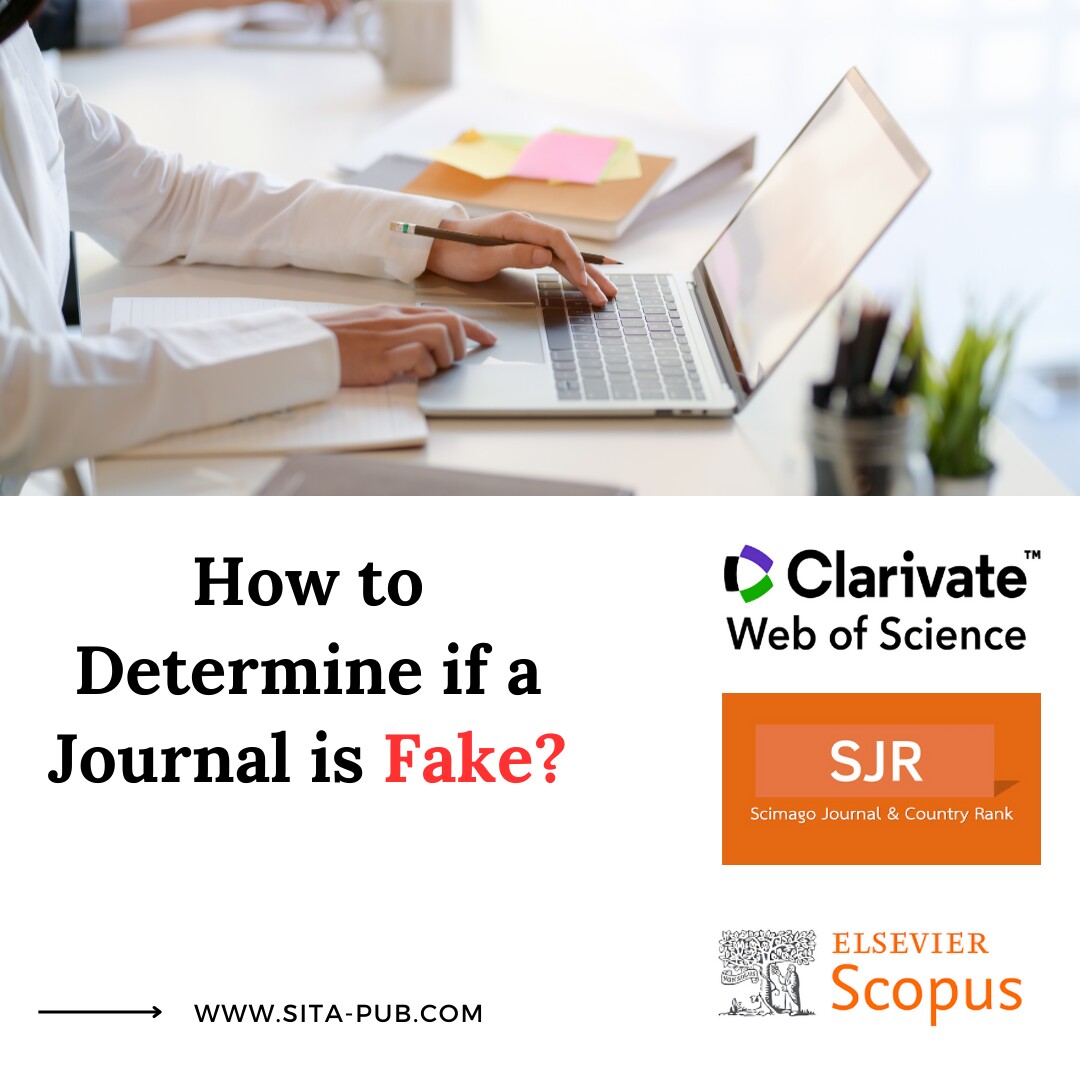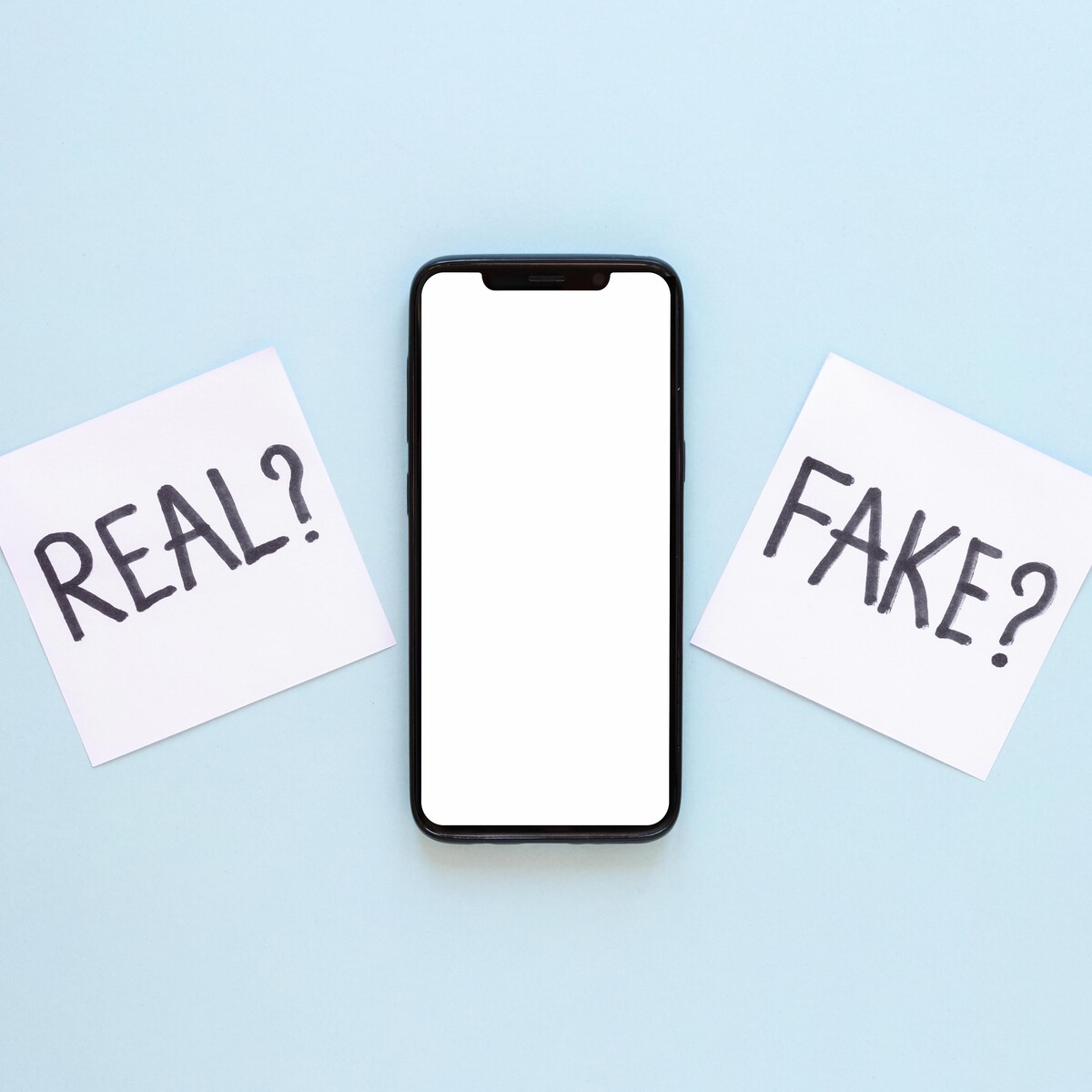How to Determine if a Journal is Fake?



In the age of information, distinguishing between legitimate journals and fake ones is essential for researchers. Publishing in reputable journals is crucial for your academic credibility and career advancement. Here are some steps to help you identify whether a journal is genuine or not.
Scopus is one of the largest abstract and citation databases for academic journals. To check if a journal is legitimate, visit the Scopus website and use their journal search feature. If the journal is indexed in Scopus, it is likely to be reputable.
How to Check: Go to the Scopus journal search page, enter the journal name, and see if it appears in the results.
Web of Science is another prominent database that indexes high-quality journals. You can verify a journal's legitimacy by checking its presence in this database.
How to Check: Navigate to the Web of Science Master Journal List, enter the journal name, and see if it is indexed. Journals listed here are generally considered credible.
The SCImago Journal Rank (SJR) provides insights into journal quality based on citation data. The SJR indicator can help you assess a journal's reputation.
How to Check: Visit the SJR website, search for the journal, and review its SJR score. A legitimate journal will have a measurable SJR score.
A legitimate journal should have a professional and informative website. Check for the following:
Editorial Board: A reputable journal will list qualified members of its editorial board with clear affiliations.
Submission Guidelines: Genuine journals provide detailed submission and author guidelines.
Contact Information: Look for a physical address and valid contact options (not just a generic email).
Investigate where the journal is indexed. Legitimate journals typically appear in recognized databases.
Look for Indexing Information: Check the journal’s website for claims of indexing in databases like Scopus, Web of Science, or others. Verify these claims by cross-referencing the databases.
Ensuring that you publish in a legitimate journal is crucial for maintaining your academic integrity. By utilizing resources like Scopus, Web of Science, and SJR, along with carefully examining the journal's website and indexing claims, you can significantly reduce the risk of falling victim to fake journals. Always do your due diligence before submitting your work!
Publish with Confidence: Contact SITA Academy for Reputable Journal Support!

If you’re searching for reputable journals indexed in Scopus, Web of Science, or PubMed, look no further! Contact SITA Academy today. Our expert team is here to guide you through the entire publication process, ensuring your research reaches the right audience.
Why choose SITA?

If you have any questions, inquiries, or would like to learn more about our services, please don't hesitate to reach out to us. Our dedicated team is ready to assist you.